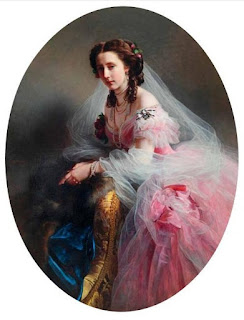In this story, I wondered why the dead man decided to come out of his grave to kill some young boys. If I were telling this story, I would at least give an explanation as to why he wanted to kill them. I think he should rise from his coffin and kill the bad people of the world. No one ever knows who is doing the killing, but people are thankful for this "hero" for protecting their community.
 |
| Graveyard Source: Public Domain Pictures |
One night, when the corpse is coming out of his grave, a man from out of town will decide to follow him and he witnesses him killing two boys. He asks the corpse why he does this and the corpse says that he is making society better by killing all of the bad people. The man goes to the police to report the problem and soon the whole town knows what's going on.
Out of fear, no one does anything about it. The community just decides for each and every person to live a good and honest life or they will pay the ultimate price of death.





















